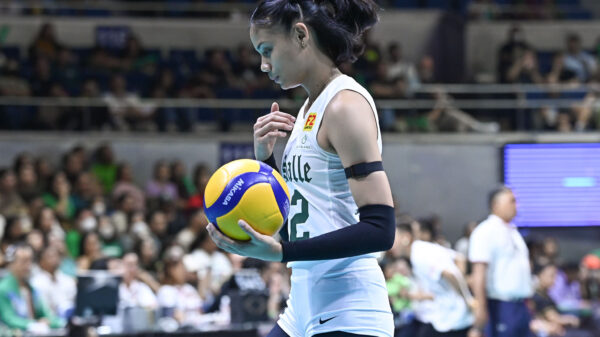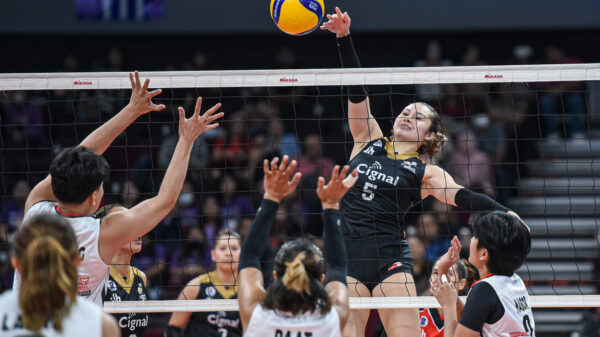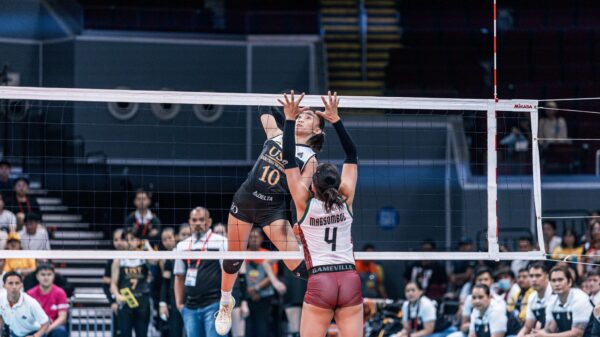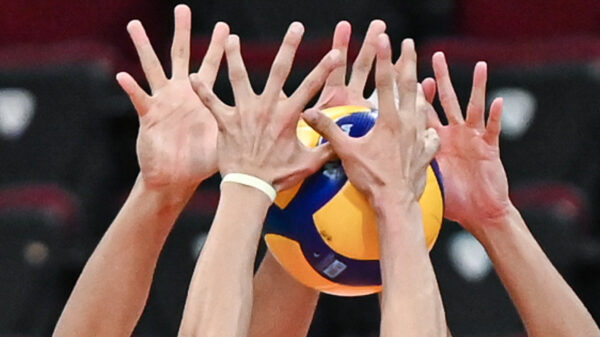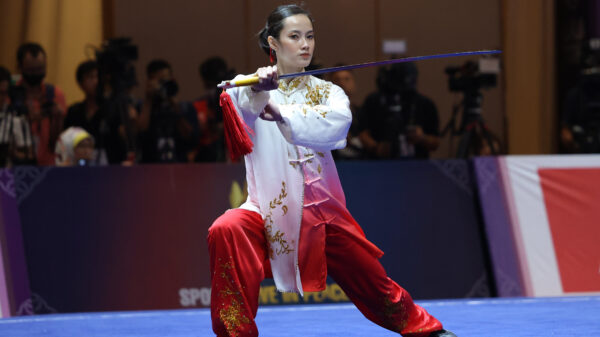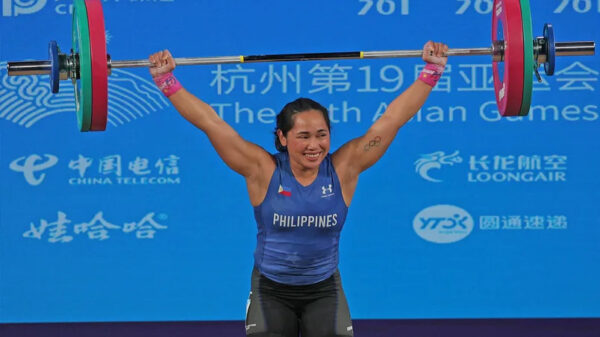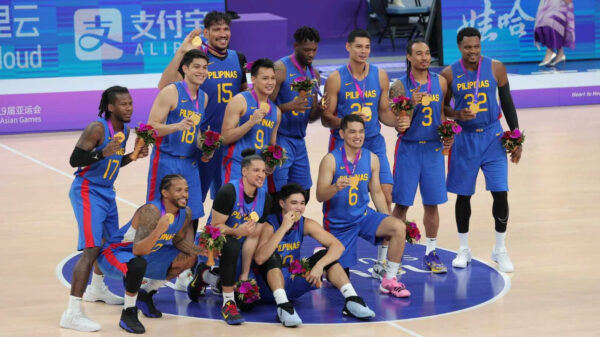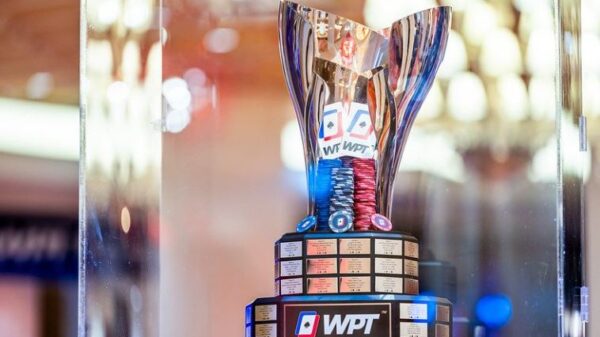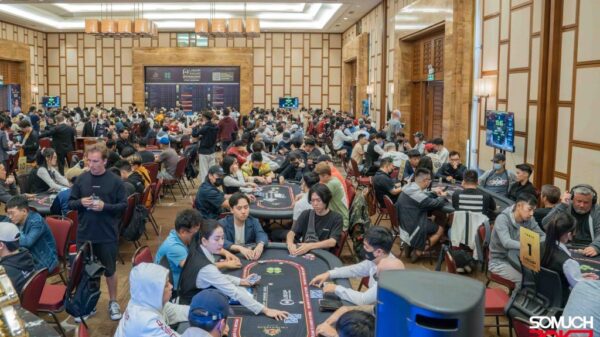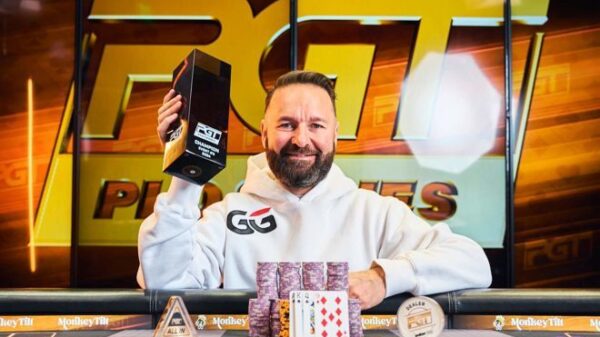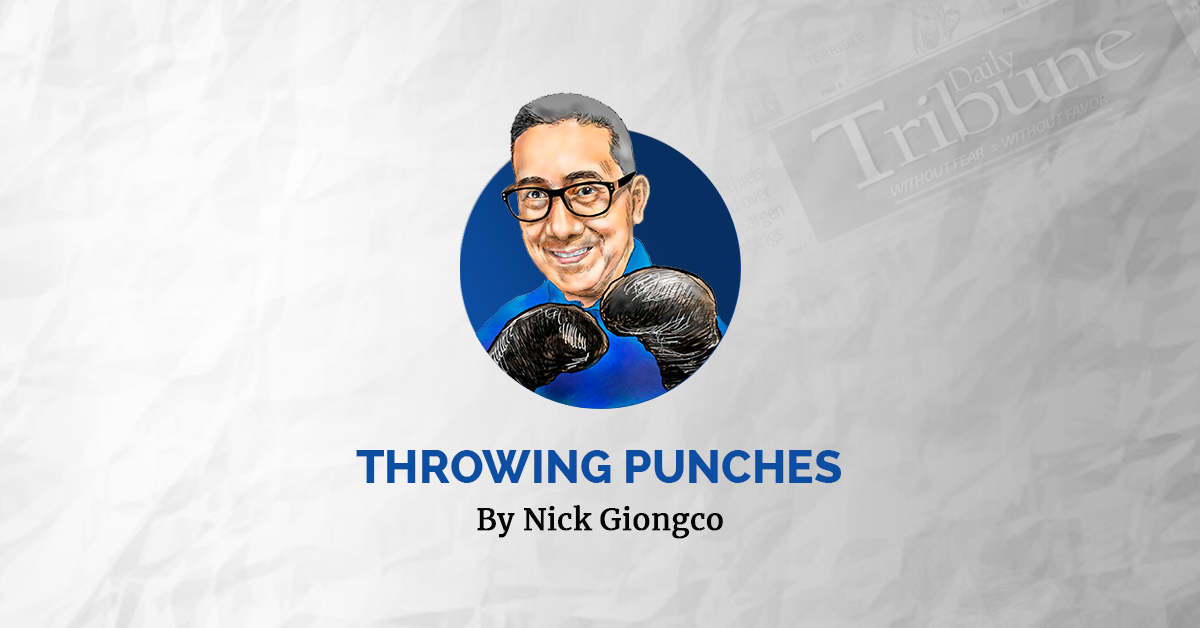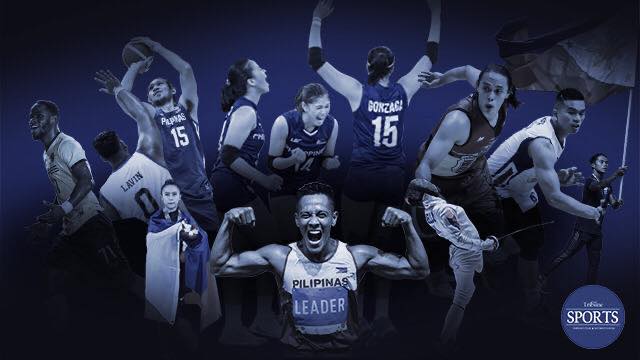As newly-crowned FIBA World Cup champion Germany whoops it up back home, the setback suffered by the star-studded Team USA remains a hot topic amongst diehard hardcourt fans.
But mind you, the latest loss didn’t come as a surprise anymore unless you are a newb or a bandwagoner.
The sad thing is, most basketball fans nowadays are not the hardcore type and they were the ones who felt as though the sport is starting to revolutionize.
Those who know their basketball were the least stunned when Lithuania dealt the Americans their first loss.
And when the Canadians handed the United States their second defeat in the semifinals, they remained cool, calm and collected because they knew all along that the Americans were no longer invincible.
But when exactly did the Americans begin losing their grip?
It stretches back to the late 1960s when Yugoslavia and the Soviet Union were taking turns in winning the world championships and the United States settling for crumbs.
But it was during the 1972 Munich Olympics when big cracks started to show as the Russians won a controversial 51-50 squeaker over the Americans with Alexander ‘Sasha’ Belov scoring the game-winner against the likes of future NBA All-Stars Bobby Jones and Doug Collins.
The Americans would temporarily gain control in Montreal in 1976 and poised for a clash with the Russians in Moscow but the United States staged a boycott and the Soviet Union returned the favor in Los Angeles in 1984 with Michael Jordan putting on a show.
Finally, when Seoul hosted the Olympics in 1988, the US and Russians met in the semifinal round.
Starring Arvydas Sabonis, Sarunas Marciulionis and Rimas Kurtinaitis (Lithuania), Alexander Volkov (Ukraine), Tiit Sokk (Estonia) and Igors Miglinieks (Latvia), the USSR won, 82-76, to secure a gold medal match with Yugoslavia, then powered by Drazen Petrovic (Croatia), Toni Kukoc (Croatia), Dino Radja (Croatia), Stojko Vrankovic (Croatia), Zarko Paspalj (Serbia) and a young Vlade Divac (Serbia).
The team the US sent to compete were made up of future NBA stars such as David Robinsom, Mitch Richmond, Hersey Hawkins, Willie Anderson, Dan Majerle, Stacey Augmon, Danny Manning and J.R. Reid proved to be no match for the cohesive Russian crew beefed up by Sabonis and Marciulionis.
A year before Seoul, during the Pan American Games in Indianapolis, Brazil, bannered by Oscar Schmidt won the gold at the US’s expense, 120-115.
Robinson was on that team. Same with Seoul teammate Anderson and Manning, Pervis Ellison, Fennis Dembo and one-time San Miguel import Keith Smart.
You see, even though the US would reclaim glory in the 1992 Barcelona Games, it was roller-coaster for the Americans afterwards.
For the US to win the Olympics and even the World Cup, it can no longer get the job done by sending up-and-coming NBA stars such as the ones Steve Kerr coached in Manila.
The world has caught up with the Americans and if they don’t send the NBA’s shock troopers, they will end up getting clobbered again in France.
But if they bring in LeBron James and Steph Curry and the rest, it would be like Barcelona once again although the winning scores won’t be as lopsided as 1992.
The fear factor is long gone.
The Americans still play the most entertaining basketball but Europe and the world’s game is as equally competitive.
If you’re a purist, you’d prefer watching FIBA-style basketball than the NBA’s showtime brand of play.
But that’s another story.


